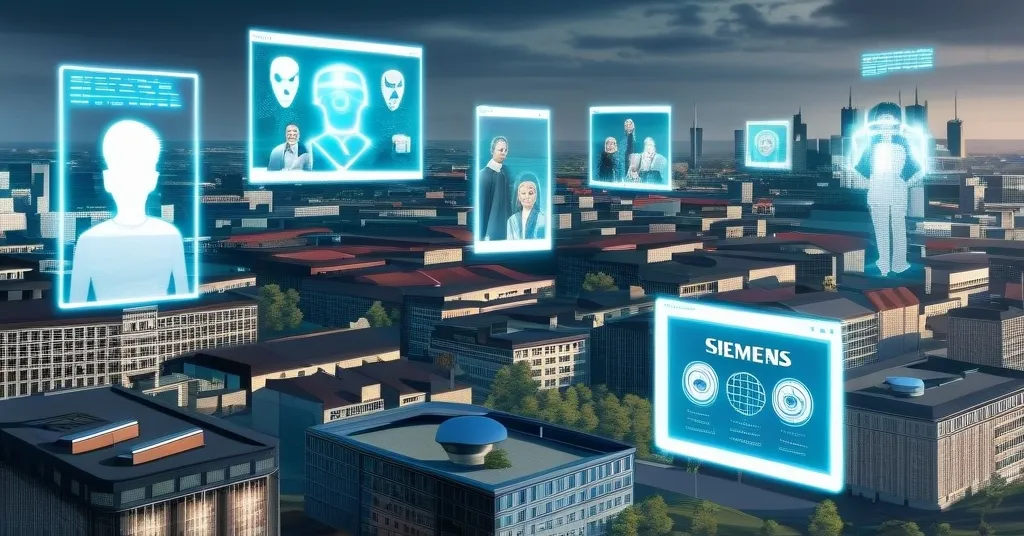Germany Embraces Metaverse: Opportunities, Identity Concerns, and Economic Impact

Metaverse Gaining Ground in Germany: Opportunities and Challenges Ahead
Could the metaverse revolutionize German workplaces? A recent Bitkom survey suggests it might. This transformative virtual world is increasingly capturing the interest of Germans, offering a glimpse into a digital future that blends work and social interactions.
Rising Awareness in Germany
- 54% of Germans are now familiar with the metaverse, up from 41% last year.
- 15% would like to work in this virtual environment; 24% are keen on socializing there.
For the first time, a majority of Germans are aware of the metaverse. This increase in familiarity highlights a growing curiosity about how virtual spaces might redefine the way we live and work. The interest spans various aspects, with some envisioning their professional lives integrated into these digital platforms.
Concerns About Identity
- 66% of Germans express concerns about identity verification in virtual settings.
While enthusiasm for the metaverse is palpable, it comes with significant apprehensions. A key concern is security, particularly regarding identity verification. Many fear that the emergence of a virtual world could exacerbate issues like social isolation and fake identities. Addressing these concerns is crucial for fostering trust in the metaverse environment.
Economic Implications
- A third of German companies view the metaverse as critical for their future.
- Globally, 62% of companies are boosting spending on the industrial metaverse.
The economic potential of the metaverse is not lost on German corporations. A significant portion sees it as essential for future success, aligning with a global trend where investments in the industrial metaverse are surging. Companies like Siemens are pioneering this charge, leveraging the metaverse along with technologies like digital twins—virtual replicas of physical systems—and the Internet of Things (IoT) to drive innovation.
However, challenges such as developing technology and a shortage of skilled talent remain formidable barriers. For the metaverse to fully realize its potential, these issues must be addressed through strategic education and technology development initiatives.
Global Context and Future Directions
This German interest in the metaverse reflects a broader global narrative where digital environments are becoming prominent in economic strategies. As these virtual landscapes continue to evolve, they offer both an opportunity and a challenge—one that requires a balanced approach to ensure that technological progress aligns with societal readiness.
Key Takeaways
- How will the metaverse reshape work and social interactions in Germany?
- What measures can ensure secure identity verification in virtual environments?
- How can companies address the technological and talent gaps in the industrial metaverse?
As the metaverse develops, these questions will guide discussions, shaping public perception and corporate strategies in this exciting new era.



